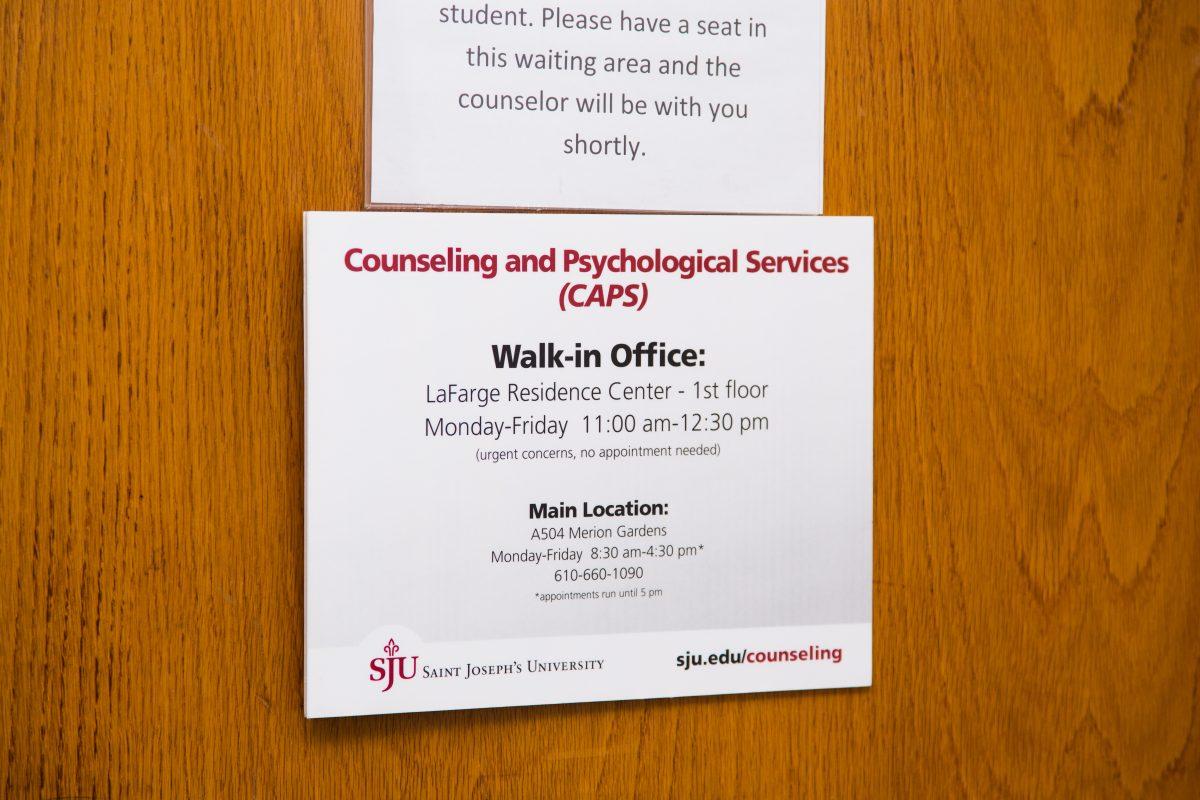SJU iCare Gatekeeper Training starts
SJU iCare Gatekeeper Training, a new program developed by mental health professionals at Saint Joseph’s University, is geared towards preventing suicide, the second leading cause of death among college-aged students, according to national data.
This program aims to educate participants on how to recognize early warning signs of someone who might be emotionally distressed, explained Marci Berney, M.A., director of Student Outreach and Support.
“The people that we train through this, we refer to them as the bridge to connect someone to support,” Berney said. “Going through a program like this, it doesn’t mean that you are the one person who will help them in its entirety, but you’re the bridge to get them to professional support.”
The first iCare Gatekeeper Training session took place on Oct. 2 and was open to anyone in the St. Joe’s community. Christine Mecke, Ph.D., director of Student Disability Services, explained the setup of the session, noting how 13 people attended, including a mix of faculty and staff along with members of the Office of Public Safety and Security.
The 75-minute training sessions are divided into three sections. The first section focuses on the prevalence of mental health issues and how such issues are tied to suicide on college campuses.The second section focuses on myths about suicide.
“The number one myth is that often times people feel like ‘I don’t want to talk with someone about it if they’re having these thoughts because then it might put that idea in their mind.’ But the truth is, that’s a myth,” Berney said.
Berney further explained that if one has a gut feeling someone might be displaying warning signs, there is a very good chance that talking to them about it will help to “alleviate the isolation they might be feeling,” which will then put one in a position to be able to help them get professional help.
In the third section of the training, instructors provide information on warning signs, including behaviors and phrases that can correlate with emotional distress. Berney believes the easier it is to recognize and respond to signals of suicidal thoughts, the more likely it is to help the individual receive professional help before it’s too late.
Berney emphasized that one doesn’t have to be a professional to help someone in need. She said students are more likely to reach out to a peer than parents or staff, so it’s crucial to learn how to react. The program is geared towards educating and supporting the caretakers and loved ones of emotionally distressed individuals as opposed to the individuals themselves.
The main mental health service on campus is Counseling and Psychological Services (CAPS), which provides confidential counseling help to about 600 students per year, according Greg Nicholls, Ph.D., CAPS director.
Other on-campus services include The Office of Student Outreach and Support, the Wellness, Alcohol and Drug Education (WADE) program, the Student Success Center, the Office of Inclusion and Diversity, the office of Student Disability Services and the Student Health Center.
If you or someone you know may be at risk of suicide, call CAPS (610-660-1090), Student Outreach and Support (610-660-1149) or the National Suicide Prevention Lifeline (1-800-273-8255).

















































